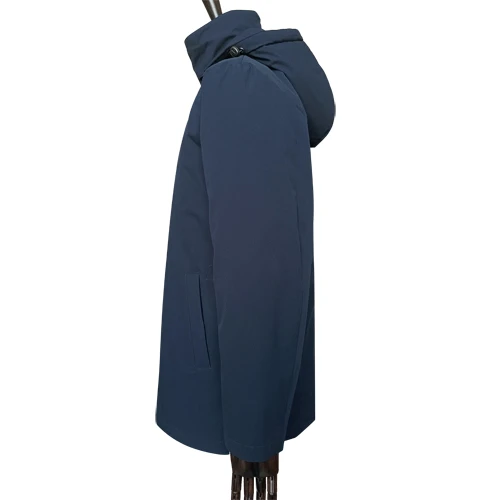The Rise of Ethical Sportswear A Sustainable Future for Athletic Fashion
In recent years, the sportswear industry has witnessed a significant shift towards sustainability and ethical practices. As consumers become increasingly aware of the environmental and social impacts of their purchasing decisions, brands in the athletic apparel sector are compelled to reevaluate their manufacturing processes, resource sourcing, and overall contribution to society. The rise of ethical sportswear reflects a growing commitment to sustainability, innovation, and social responsibility that resonates with modern consumers.
Understanding Ethical Sportswear
Ethical sportswear is characterized by practices that prioritize environmental sustainability and social equity throughout the supply chain. This includes using eco-friendly materials, minimizing waste, ensuring fair labor practices, and promoting transparency. Brands focusing on ethical sportswear often seek to reduce their carbon footprint by employing renewable resources and sustainable practices, such as using organic cotton, recycled polyester, and natural dyes.
Moreover, the production process plays a crucial role in defining ethical sportswear. Brands are increasingly adopting circular economy models that encourage recycling and upcycling, thereby reducing waste. By designing products that can be easily repaired and recycled, these brands extend the life cycle of their garments and minimize their impact on the environment.
Consumer Awareness and Demand
The demand for ethical sportswear is driven largely by consumers who prioritize sustainability in their purchasing decisions
. A growing number of shoppers, particularly millennials and Gen Z, are making conscious choices and seeking brands that align with their values. This shift is evident in market research, which shows that consumers are willing to pay a premium for products that are ethically produced. In fact, surveys indicate that a significant percentage of consumers would switch brands if they found out that a company did not adhere to ethical practices.Social media has also played a pivotal role in raising awareness about ethical fashion. Influencers and activists are increasingly using their platforms to educate followers about the importance of sustainability in sportswear and to promote brands that prioritize ethical practices. This grassroots movement has made a considerable impact, urging brands to adopt more transparent and responsible practices.
ethical sportswear

Innovating for Sustainability
Brands in the ethical sportswear sector are innovating not only in their materials but also in their designs. Many are incorporating advanced technologies to improve the functionality and longevity of their products. For example, some companies are using innovative textile technologies that enhance moisture-wicking and durability while remaining environmentally friendly. Windproof and waterproof fabrics made from recycled materials are also becoming popular, allowing athletes to perform optimally in various conditions without compromising ethical standards.
Additionally, some brands are engaging in community initiatives to promote physical health and well-being. By supporting local sports programs, fitness classes, and wellness workshops, ethical sportswear companies are not only fostering community engagement but also contributing to a healthier lifestyle for all.
The Road Ahead
As the sportswear industry continues its shift toward sustainability, ethical practices are expected to become the norm rather than the exception. Consumers will likely continue to demand transparency and accountability from brands, pushing companies to uphold high ethical standards.
The success of ethical sportswear is contingent upon a collective effort from consumers, brands, and policymakers. By choosing to support ethical brands, consumers can play a significant role in shaping a sustainable future for the sportswear industry. In turn, brands that prioritize ethical practices will not only appeal to a loyal customer base but also set a benchmark for responsible production and consumption.
In conclusion, the rise of ethical sportswear represents a fundamental change in the athletic apparel landscape. By embracing sustainability, innovation, and social responsibility, both consumers and brands can work together to create a healthier planet and a more equitable society. As we move forward, the ethical sportswear movement promises to redefine what it means to be active, stylish, and responsible.















